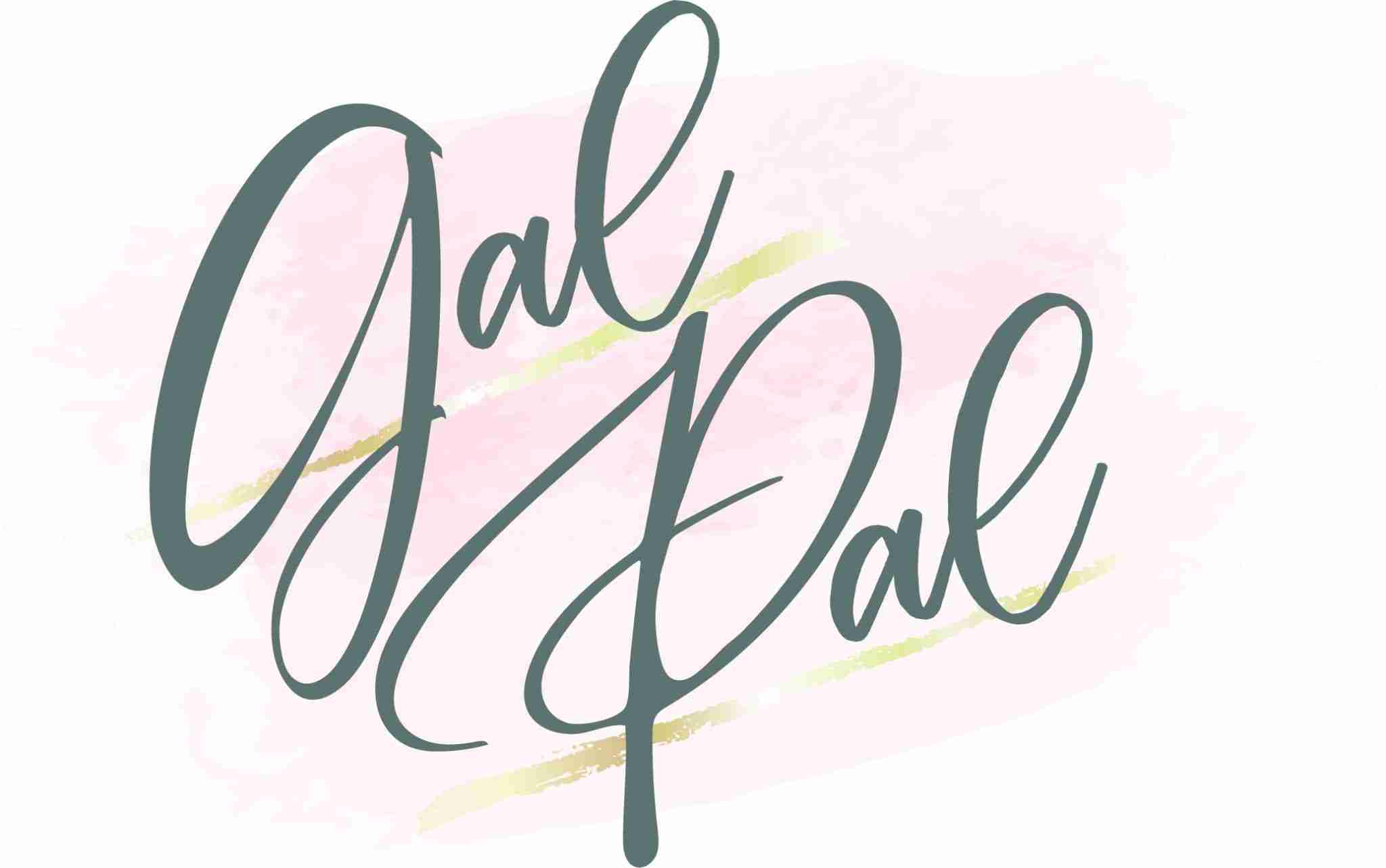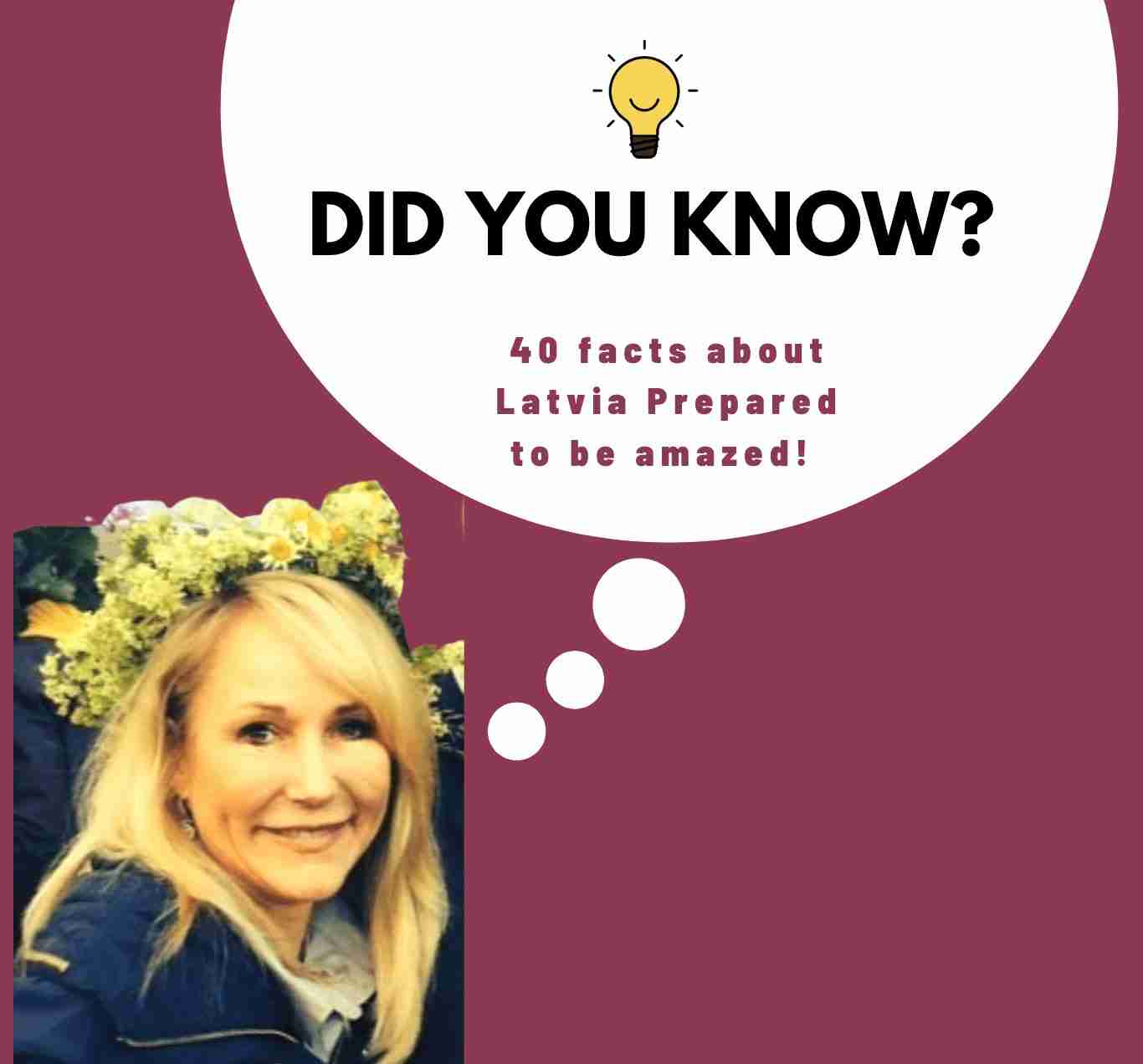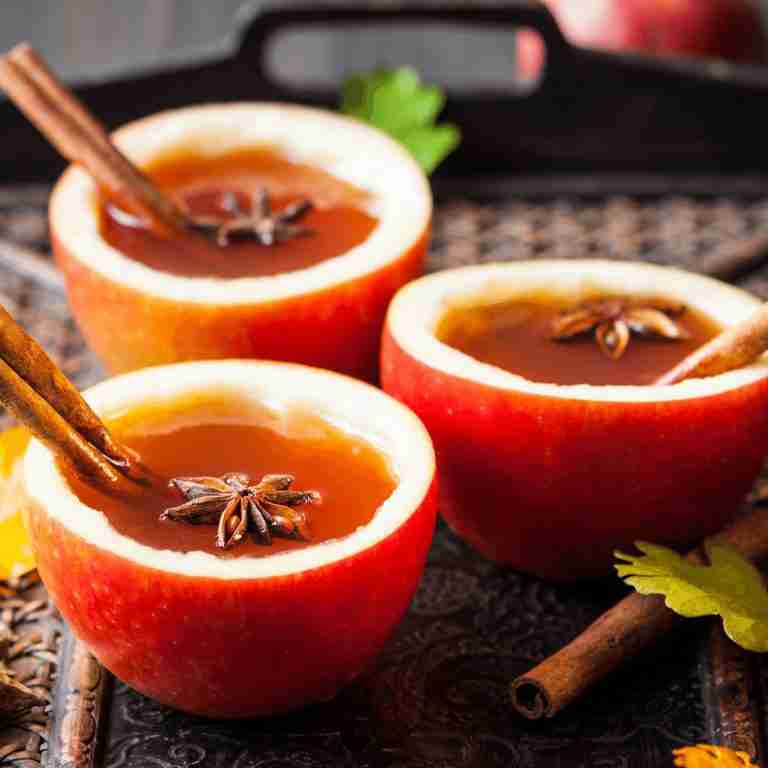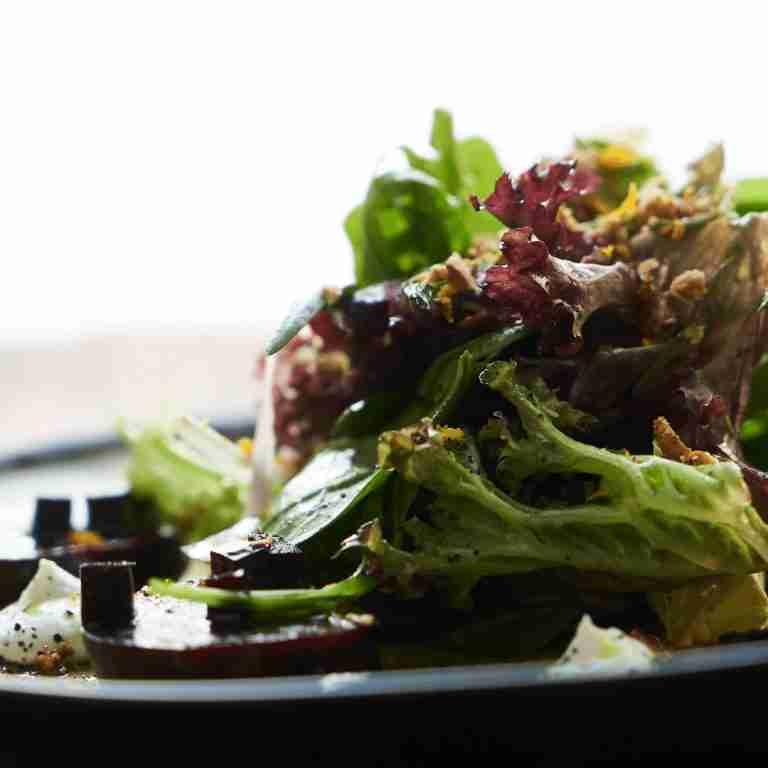40 fun facts about Latvia’s history and culture that will shock and amaze you
I thought it would be fun to share 40 fun and fascinating facts about Latvia since even my close friends know little about my Latvian roots. Be prepared to be totally shocked and amazed. I know I was when I learned about some of these.
Before I can share the fun facts, you must consider the Latvian history. My recent trip to Latvia gave my the inspiration I needed to share these 32 interesting facts about Latvia with you.
Quick history of Latvia:
Latvia was originally settled by the ancient people known as Balts. In the 9th century, the Balts came under the overlordship of the Varangians, or Vikings, but it established a more lasting dominance over them by their German-speaking neighbours to the west, who Christianized Latvia in the 12th and 13th centuries.
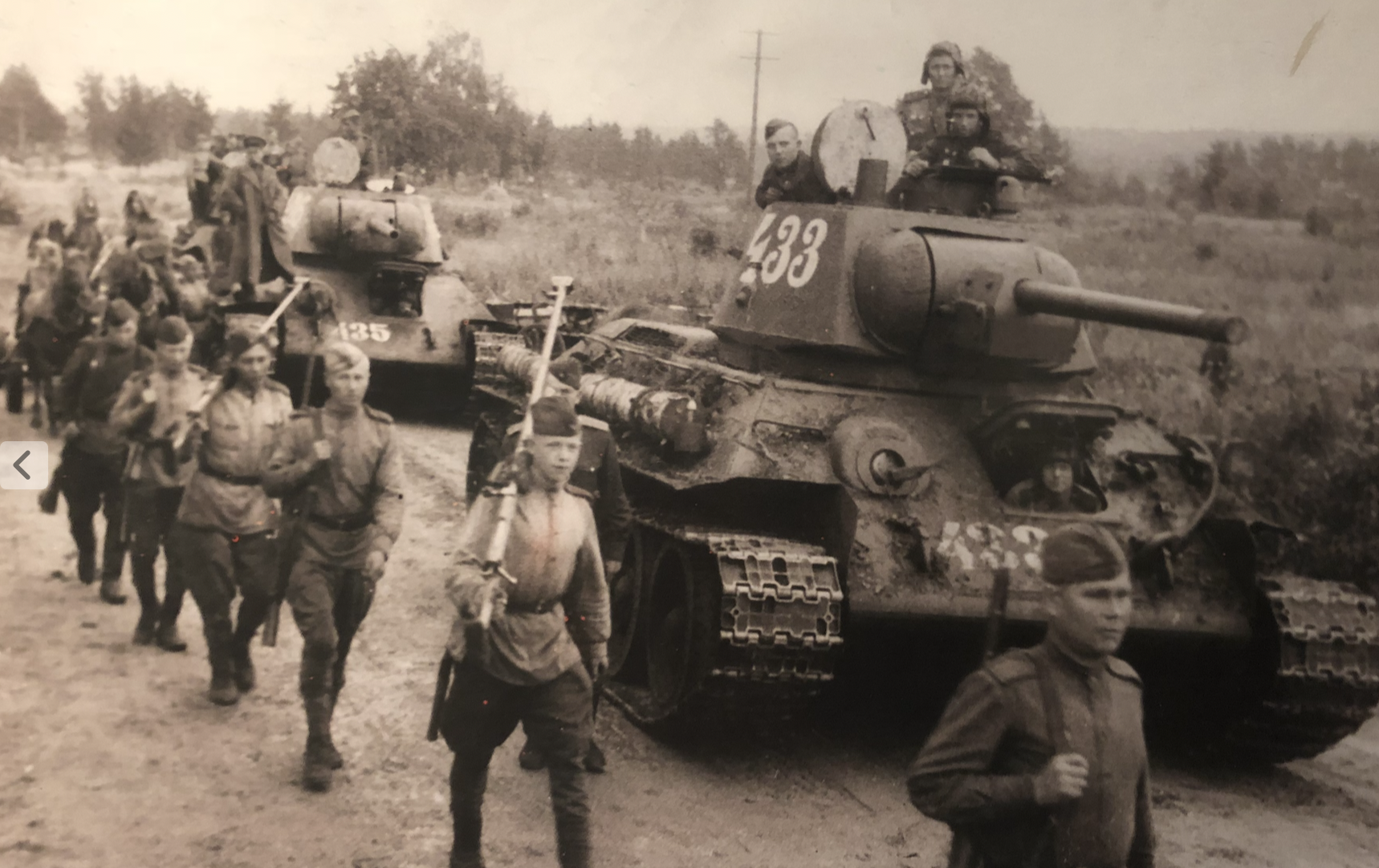
In the 800s, the Vikings took control of the region. Germany, Poland, and Sweden later ruled. By the end of the 1700s, Russia controlled all of Latvia.
In 1917 Latvia declared its independence. In 1940, the Soviet Union sent troops to take control of the country. Latvia became one of the most prosperous Soviet republics. However, the Soviets also forced about 100,000 Latvians to move to northern Russia.
My mother and family escaped Latvia during the second world war (during the soviet occupation) and lived in a German refugee camp for seven years before becoming United States refugees and then citizens.
Latvia finally gained independence in 1991. It is now officially called the Republic of Latvia.
Since then, the economy has improved greatly. Latvia joined the World Trade Organization (WTO) in 1999 and the European Union (EU) and NATO.
1. It’s Home Of The First Christmas Tree
I bet you didn’t know that did you? The first decorated Christmas tree on record was one in Riga back in 1510. People used straw ornaments, ribbons, dried flowers to decorate the tree. Later, this tradition spread to Germany, from where it conquered the rest of the world.
2. Oldest European Languages
Latvian is one of the most archaic/oldest European dialects and it has preserved many aspects of the language over 5,000-year-old Proto-Indo-European, which is the ancestral language to all European languages.

3. Denim Jeans Were Invented By A Latvian in 1871
Say what? Next time you put on a pair of jeans, thank Latvian-born tailor Jacob Davis. In 1871 in Reno, Nevada, he invented denim as a tough material for trousers, then made a fortune in partnership with fabric merchant Levi Strauss.
In 1870, Jacob was asked by a customer to make a strong pair of trousers for her woodcutter husband–his creation would become the template for modern denim jeans, and two years later, with help from Levi Strauss, he patented the product.
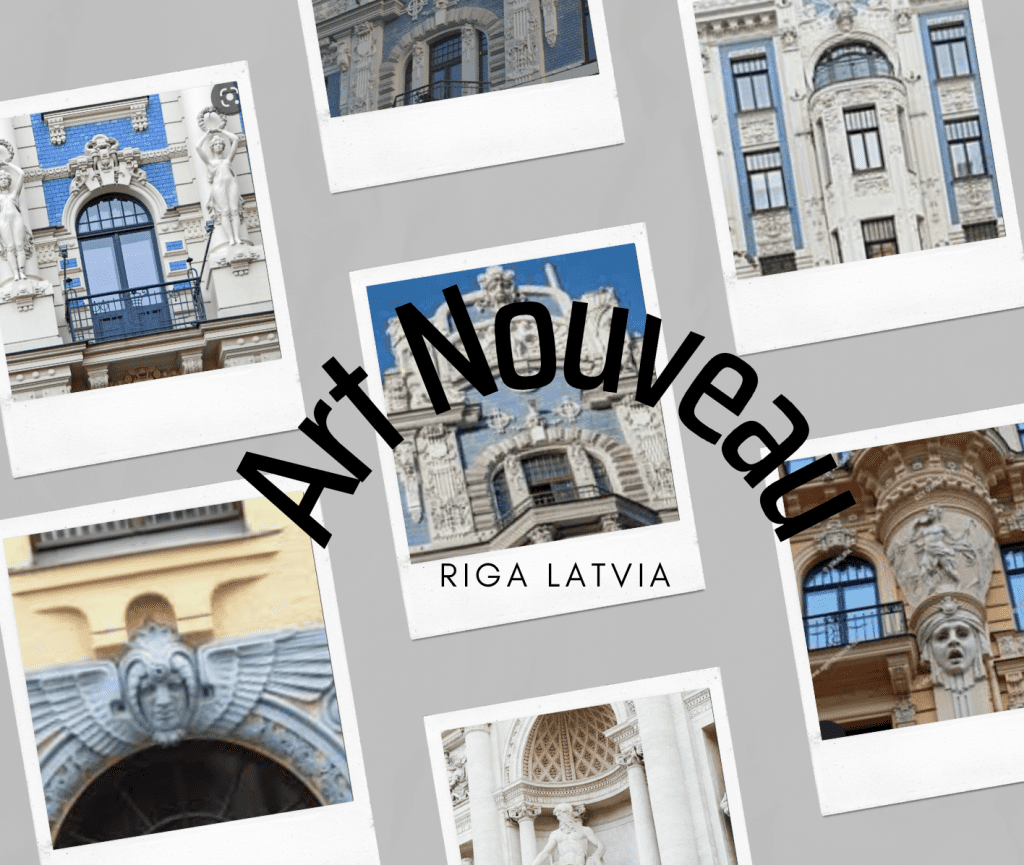
4. Art Nouveau- UNESCO World Heritage Site
In Riga Latvian, one third of the architecture is Art nouveau, making it the largest concentration of Art nouveau architecture in Europe! Some of the most crowd pleasing, and decorative examples designed by architect Mikhail Eisenstein can be seen on Albert Street in Latvia. There are over 800 Art nouveau buildings in Riga if you can believe it.
Riga, the capital of Latvia, is not only the crown jewel of Latvia but also of the Baltics. Riga’s Old Town is a UNESCO World Heritage Site.
The most beautiful Art nouveau buildings in Riga are:
- Riga Art nouveau Centre;
- Commercial Bank of Riga;
- Cafe Sienna;
- The row of houses along Alberta iela (Albert Street);
- The buildings at Šķūņu street 12/14

5. The Latvian Flag Is One Of The Oldest In The World
Even though the state of Latvia was only founded in 1918, the Latvian flag is one of the most primitive in the entire world.
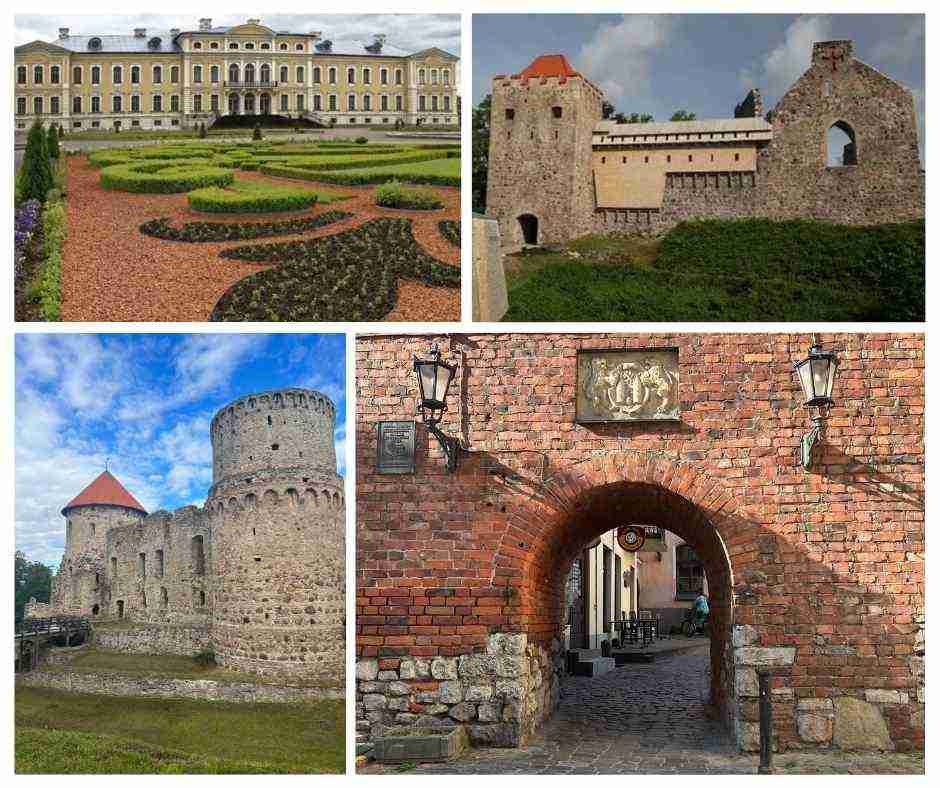
6. Experience Medieval Times In Castles & Palaces
The Medieval castles and palaces not only educate visitors about the history of the Middle Ages but also offer them to experience the Middle Ages by going on thematic tours and taking part in various medieval activities and even staying at some of these old palaces.
7. Architecture Paradise
Riga is also known as an architectural jewel – A city where you can see wooden buildings that have stood the test of time, Art nouveau, gothic and more. Stone and brick castles were built in the middle ages.
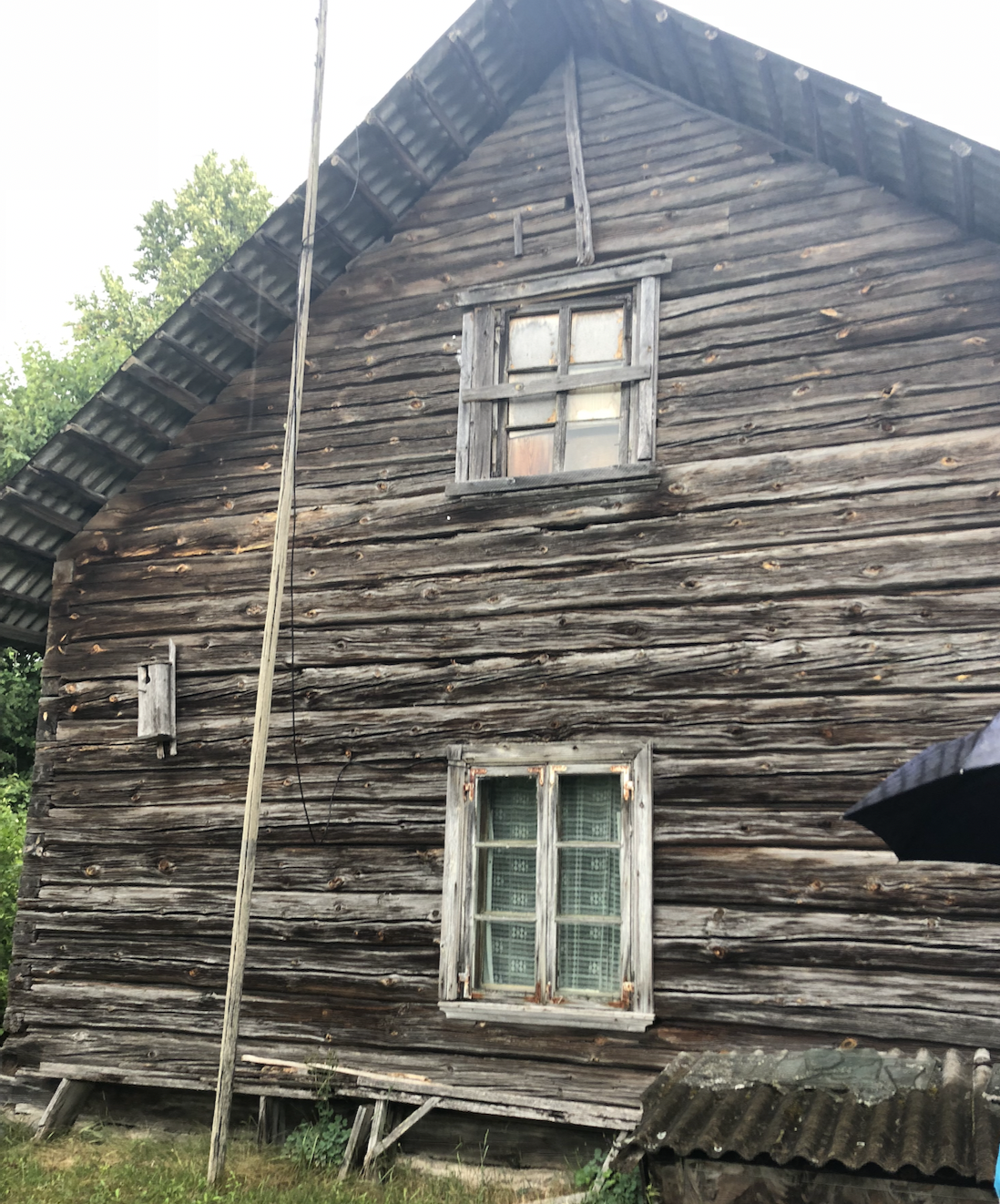
8. Fashion Models Are Everywhere
Per capita, Latvia has one of the highest rates of female models in the world. Rivals Estonia and Lithuania rank higher, as does Denmark. Beautiful tall women are everywhere you look. High cheekbones and long legs.
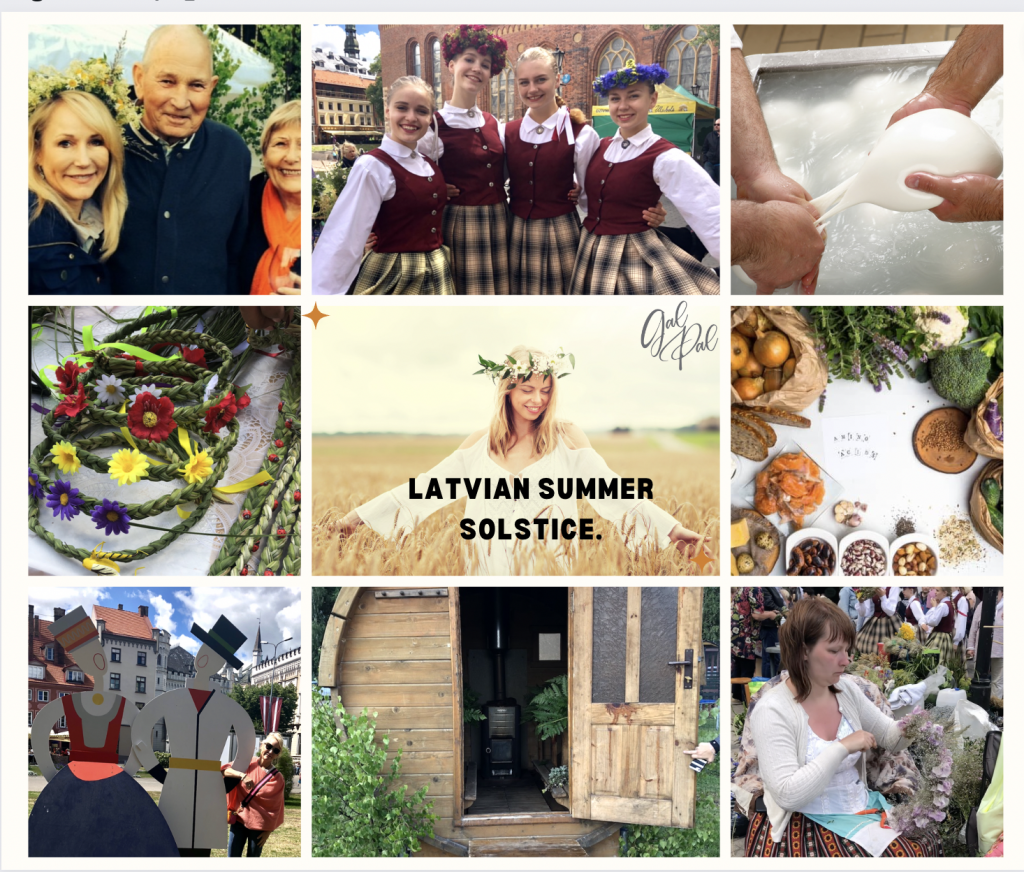
9. Summer Solstice Festivals Will Blow Your Mind
Latvia has almost 20 hours of daylight at midsummer, and locals make the most of it by partying outdoors and relaxing in nature. The lovely golden light typical of these latitudes has obsessed generations of painters and photographers.
People celebrate Jāņi or “Liigo by staying up all night to meet the morning sun.
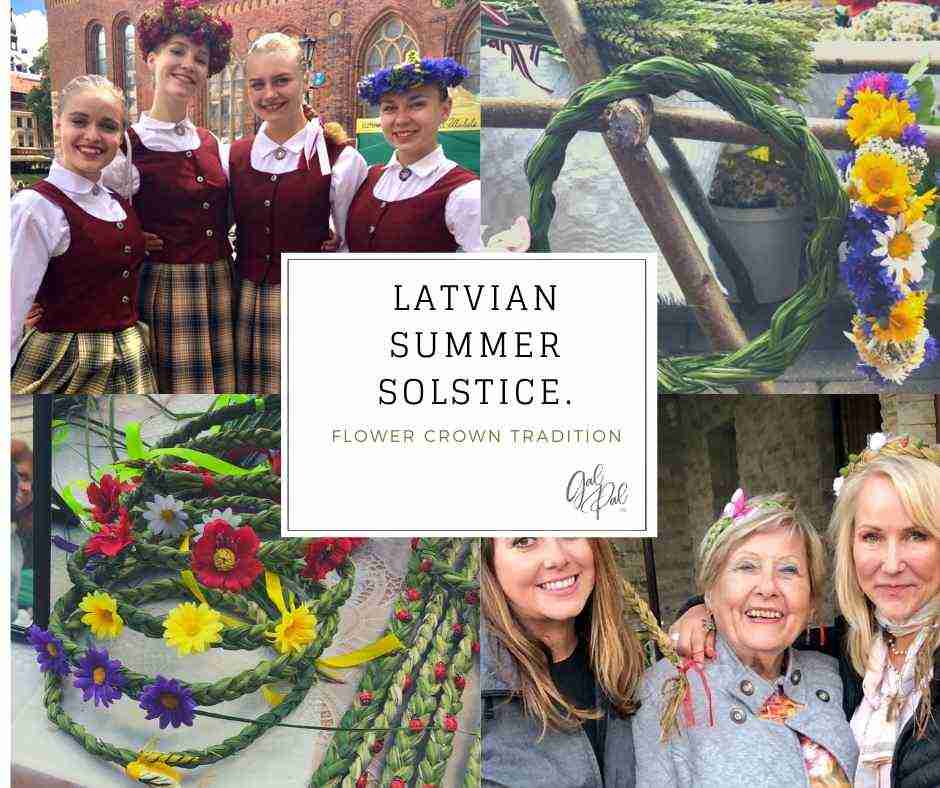
Celebrating midsummer is one of Latvia’s oldest cultural customs and can be traced back to Pagan times. All around the country, people light fires, sing songs and celebrate the midnight sun.
Līgo is a genuine Latvian festival, the origins of which date back to the pagan times. This is the festivity to celebrate the longest day of the year. Women make flower crowns for woman and crowns of oak tree leaves for guys. Large bonfires, homemade cheese, drinking beer, and sing alongs with “Līgo, līgo” are all part of the celebration.
Flower crown (wreath) is a symbol of beauty. Tradition says that they have to be made of wildflowers, however, nowadays there might be different variations.
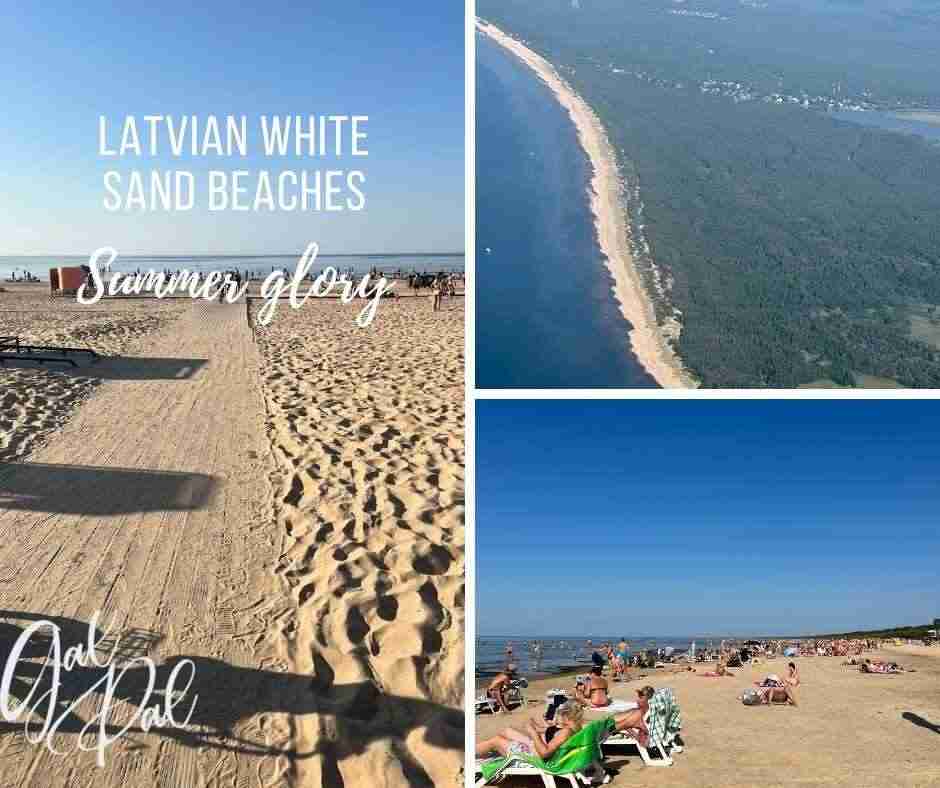
10. Fine White Sandy Beaches
With almost 500 km of coast, Latvia has tons of beaches. There’s space for everyone, whether you want fun in the sun or miles of sand to yourself, and best of all its all open to the public.
The sand is extremely fine and soft. So beautiful.
11. It’s Very Green- Over Half Of The Country Is Covered By Forest
In total, around 20% of the country is protected. That’s a total of four national parks, 42 nature parks, 260 nature reserves, 355 nature monuments, seven protected marine areas, 24 micro reserves and a biosphere reserve.
In 2012, Latvia topped the Environmental Performance Index and the country is still proud. Over half its territory is covered by forest, so Latvia is a very green place.
12. Lots of H2O- So much water
Latvia has 12000 rivers and 3000 small lakes that’s a whole lot of waterways Around 54% of the country is forest and 10% is bog.

13. One of the Oldest Flags In The World
Its flag dates back to 1279 and is one of the three oldest in the world. According to one legend, the leader of an ancient Latvian tribe was mortally wounded in a battle and wrapped in a white sheet. Blood stained the sheet’s edges while the part on which he was lying remained white. In the next battle, his tribe used the blood-stained sheet as a flag and was triumphant.
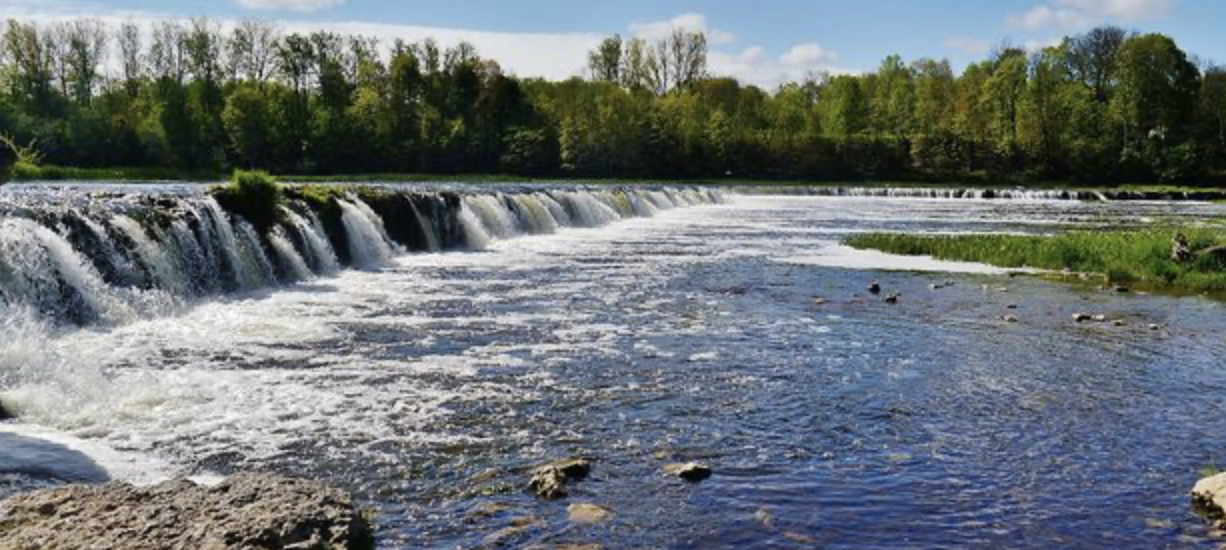
14. The Venta rapid waterfall (Ventas rumba) is the widest waterfall in Europe
The waterfall is 249m wide and located in Kuldiga (Latvia). An interesting phenomenon can be observed near the waterfall in spring and autumn when spawning fish try to get over the waterfall by jumping through the air.

15. Latvians Developed The World’s Greatest & Tallest Basketball Players
Notable Latvians include Kristaps Porziņģis (born 2 August 1995) is a Latvian professional basketball player for the Washington Wizards of the National Basketball Association (NBA). He is 7 ft 3 in (2.21 m) tall and plays both the power forward and center positions. Born in Liepāja,.
Uļjana Semjonova, a 6 foot 11 inch former basketball player who led TTT Riga to 12 consecutive European titles between 1964 and 1975. She was the first non-American woman to be inducted into the NBA Hall of Fame.
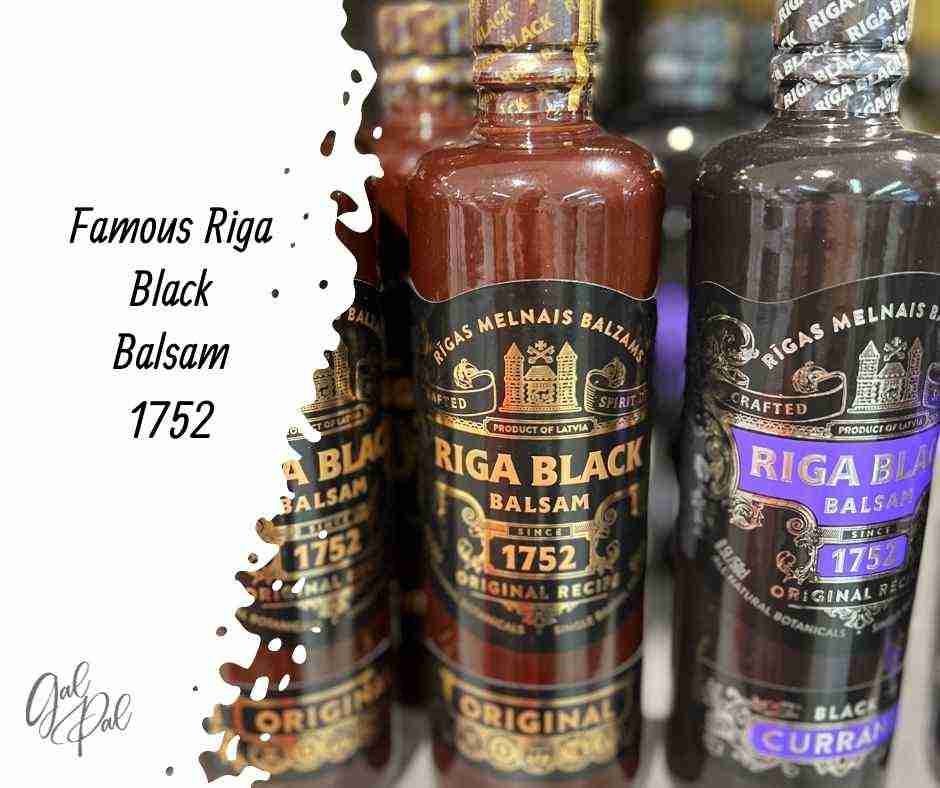
16. It’s Liqueur Has Medicinal Properties
Riga Black Balsam is a traditional liquor made using 24 different plants, flowers, buds, juices, roots, oils and berries prepared in oak barrels. It is considered to be a good cold remedy and according to legend Catherine the Great became ill during a visit to Latvia – but was cured after drinking it.
17. You Can Go To Prison Voluntarily
If this interests you, not sure why it would but there is a former military prison in the town of Karosta where you can pretend to be in prison. Guests can opt for the “full prisoner experience”, which includes uniformed officers complete with verbal abuse and organized physical exercise. Yipee! See www.karosta.lv
18. Beer Lover’s Paradise
When in Latvia, you must drink beer. Latvia has a very long and rich beer culture drinking honey illuminated beer from around 1200 until the 16th century. Beer has been known to be enjoyed by pagans, farmers and the upper class.
If you love a good beer you will love the craft beers in Latvia. Latvian craft beers are mostly non-pasteurized, non-filtered and naturally low carbonated beers. Latvians distinguish the beers as Gaišais (Golden) and Tumšais (Dark), it doesn’t matter if Lager or Ale.

19. Drinking a Baltic Drink produced from Rye bread
Kvass is an iconic Latvian drink Kvass is made from fermented dark rye bread mixed with fresh berries and it is delicious.
20. Lots Of Proverbs
Here are examples of old Latvian Proverbs:
- A smart man always takes, a fool always gives.
- Each sin has its consequences.
- Even the horse is tired on the way to church.
- The young ones dance as the old ones whistle.
- Old love does not rust.
- Give the devil a little finger and he will take the hand.
- Dogs bark at the last.
- The man needs the woman as the ship needs an anchor
- Once you’ve cut the bread, you cannot put it together again.
- If you can’t use your eyes, follow your nose
- The quiet pig digs a deep hole.
- A crow will not pick out the eyes of another crow.
21. Fine Dining On Any Budget
Yes, it’s true what they say. Food and drinks are generally much cheaper in Latvia than in other European cities. Foodies are able to treat themselves to fine dining restaurants – without going bankrupt.
The Riga restaurant scene is evolving and growing at a rapid pace, especially in Old Riga. This is a city where young chefs flex their culinary expertise with an array of local ingredients and an armory of modern techniques.
And, as a bonus to frugal travelers, the best restaurants in Riga Latvia serve food at prices that are reasonable when compared to other European capitals. The cuisine is all over the board and offers anything from Sushi to Latvian fare. Speaking of Latvian fare, don’t miss the opportunity to taste a Latvian Piragi- my all time favorite food.
22. Freedom Fighters
The Freedom Monument was erected in 1935 to commemorate the Latvian soldiers who died fighting against Soviet Russia between 1918 and 1920 in what is now called the Latvian War of Independence.
23. One Of The Safest European Countries
Latvia is one of the safest countries currently in the world to visit. It is also friendly for individual travelers or companies as well as larger groups. In Latvia, there is a possibility to relax undisturbed by anyone as there are plenty of places that are not overcrowded.
24. Latvian Women Are The Tallest In The World
If you took a look at myself you would laugh. I didn’t get those Latvian tall genes at all. A recent study comparing the height of people in over 200 countries found that, with their average height of 170 cm (5ft 7in), Latvian women tower over ladies of any other nation. While Dutch men were the tallest, Latvian gentlemen were not far behind and took the 4th place worldwide.
25. Latvians Love To Dance & Sing
Latvians are a nation of singers and dancers with hundreds of thousands of people participating in choirs, folk dance groups, folklore collectives, orchestras and amateur theatres across the small country. Every five years the best 40,000 amateur song and dance collectives come together for the Nationwide Song and Dance Festival.
When I am staying in my mother’s condo in old town Riga, you can hear happy Latvians singing together as they saunter down the cobblestone streets late at night.
26. Hockey
If we have to name one national sport we are really passionate about, it’s hockey with basketball as a close second. In 2019, the men’s hockey team ranked 9th, according to IIHF, and it is in Latvian blood to follow every European and world championship, and the Winter Olympic Games.
27. Startup Capital
But Latvians do not stop at what has been obtained from our ancestors or nature. We are continuing to invent and create. In Europe, we are the third entrepreneurial hotspot, right after Sweden and Estonia. Moreover, according to World Economic Forum, Latvia is the best when looking at the total early entrepreneurial activity. And we have very fast internet speed – we are 16th in the world!
28. Quiet Natured People
The Latvian mentality is usually perceived as being quite similar to the Scandinavians: they are reserved, and do not express their emotions openly. Generally, they are not comfortable with small talk. People in Latvia do not speak loudly in public. It is considered rude to shout or whistle in public. This applies to restaurants, cafes, public transport and other public places.
29. Lots Of Foraging Food
Latvia is one of the greenest countries in Europe. For this reason, one of the most popular customs from Latvia is foraging. Mushrooms are very popular to say the least.
People pick all sorts of plants and herbs with healing properties from the forest, along with mushrooms. There is a deep-rooted tradition of picking plants and herbs from the forest that has specific health benefits.
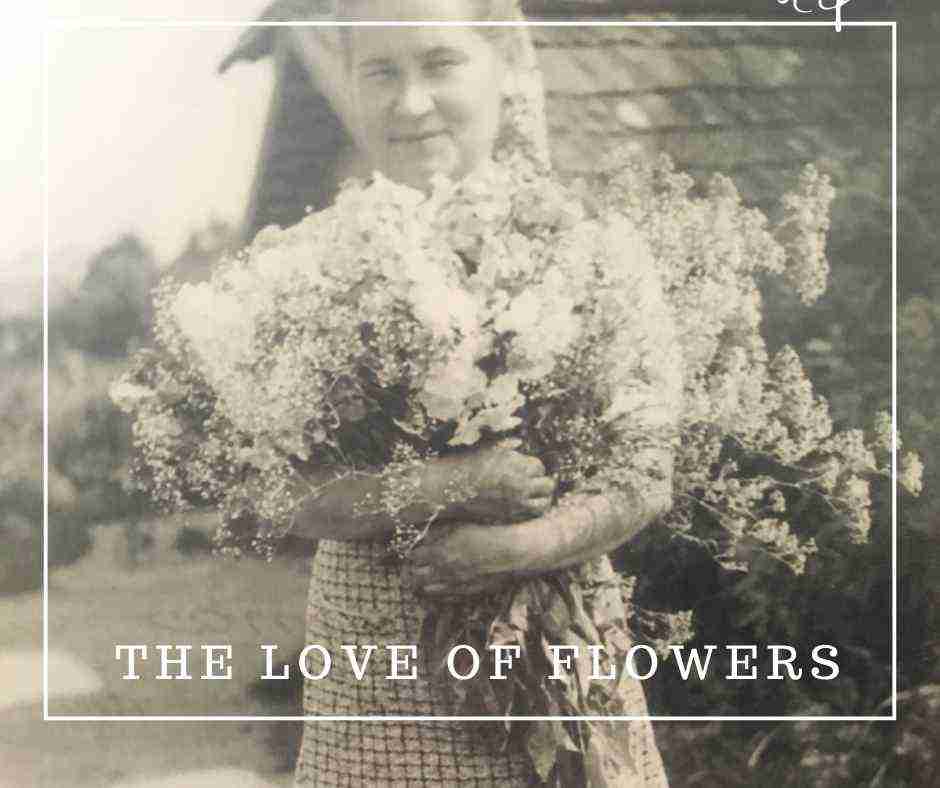
30. The Love OF Flowers
Latvians love flowers. Latvia imports unique flowers from all over the world so that they can share flowers with one another. It’s a tradition to give flowers on any occasions. You will often see women who wear flower crowns for traditional dances in costume and for the summer solstice tradition.
31. Traditions Run Deep
Latvians continue to observe the traditions of their ancestors–culture embedded in Latvian folklore that is best experienced during the Summer Solstice or “Jani” holiday, and the massive Song and Dance festivals, as well as through traditional crafts and handiwork, events organized by museums, and a lot of other activities.
Those who relish music and performing arts will enjoy major opera festivals in Riga and Sigulda, and a vast number of various concerts and festivals across the country.
32. No Lag Time
Latvia comes in 7th in the global rankings of fast internet. The United Arab Emirates has the fastest internet in the world, followed by South Korea and Norway.
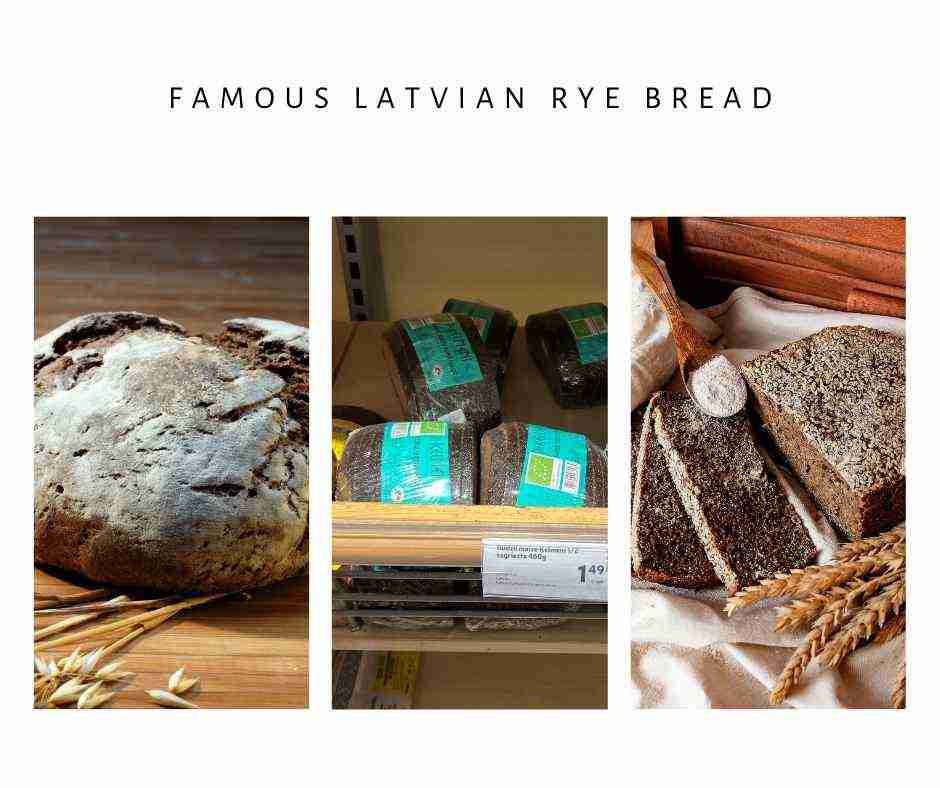
33. Healthy Rye Bread
Latvia is famous for its staple carb, rye bread. This symbolic food is popular throughout the Baltics, and the tradition of baking and eating rye bread in Latvia leads back a thousand years. Rye bread is al practically “guilt-free” carb since it’s full of fiber and vitamins.
There are various types of rye bread available in Latvia, with the most popular being Rupjmaize. This bread type was considered being holy, and in old times, it was believed that as long as rye bread was available, nobody would go hungry.
There are also old Latvian superstitions relating to rye bread. For example, if you drop a loaf of rye bread, you have to pick it up immediately and kiss it. Also, breadcrumbs should be swept up into your hand and not the floor, as brushing them onto the floor will result in crop failure.
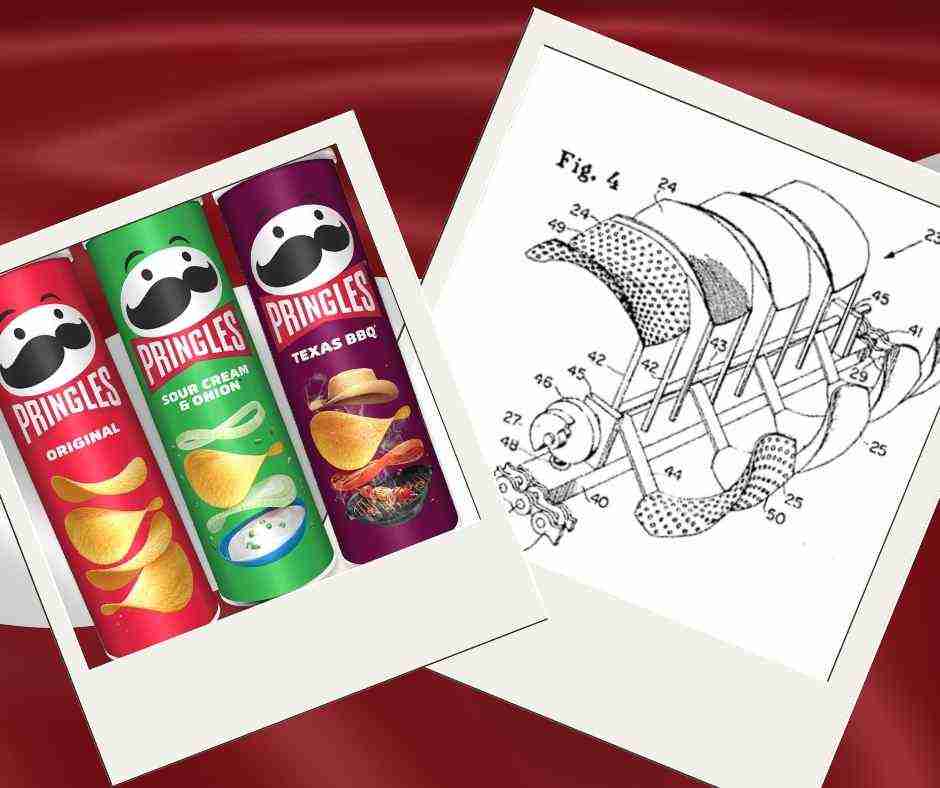
34. Inventor OF Pringles
Latvia is famous for being the home country of the inventor of the flavor of Pringles. The story of Pringles is absolutely intriguing. From the iconic can to the flavor, there’s just nothing that rivals them. I am not surprised since Latvians love potatoes so much.
The name of the man who invented the flavor of Pringles chips was Aleksandrs Liepa. He also invented the machine that was able to mass-produce them. Next time you pick Pringles as your movie snack, spare a thought for him!
36. Latvians Are Extremely Proud Of Their Country & Heritage
I know for fact that all Latvians are very proud of their country. They are proud of the the nation’s independence and how many times they have had to fight for freedom. You may be surprised to learn that Latvians are humorous, too.
37. Latvian’s Nobel Prize
Did you know that Friedrich Wilhelm Ostwald is the only Latvian to ever win a Nobel Prize? The scientist won the prestigious prize in Chemistry in 1909 for his work on catalysis, chemical equilibria and reaction velocities. He was known to be a smarty pants.
38. Latvian Jews
Sadly, a very large population of Latvian Jews was killed during the Second World War when the country was occupied by Soviets and the Germans. Legend has it that Nazi forces were responsible for majority of these deaths and took the Jewish people to the middle of the forest to kill them.
39. Don’t Stand Too Close
Latvians have a strong sense of space, and they generally like to stand a few feet away from the other person. I don’t know what that is but I hear it all the time.
40. Locks Of Love On All Small Bridges
It’s a Latvian tradition to carve or write the name of a new married couple on a lock and then fasten it on a small bridge in Latvia. You will see this all over Riga.
| Name of country | Republic of Latvia |
|---|---|
| Country code | LV |
| Size of area | 64,573 km2 |
| Population (at the beginning of 2020) |
1.908 million |
| Capital city | Riga |
| Ethnic composition (beginning of 2019) |
62.3 % Latvians 24.9 % Russians 3.2 % Belarusians 2.2 % Ukrainians 2.0 % Poles 1.2 % Lithuanians 0.3 % Roma 3.9 % other nationalities |
| Language | Latvian (official); Russian, English and German are also widely spoken |
| Political system | Republic, parliamentary democracy |
| Head of state | President (Mr) Egils Levits (elected in 2019 by Parliament for a four-year term) |
| Head of government | Prime Minister (Mr) Arturs Krišjānis Kariņš |
| Political parties in Saeima represented in the 7 fractions of Parliament of Latvia (elected 2018) |
|
| Membership in international organizations | Member of OECD since 2016; Member of NATO since 2004; Member of WTO since 1998; Member of EU since 2004. |
